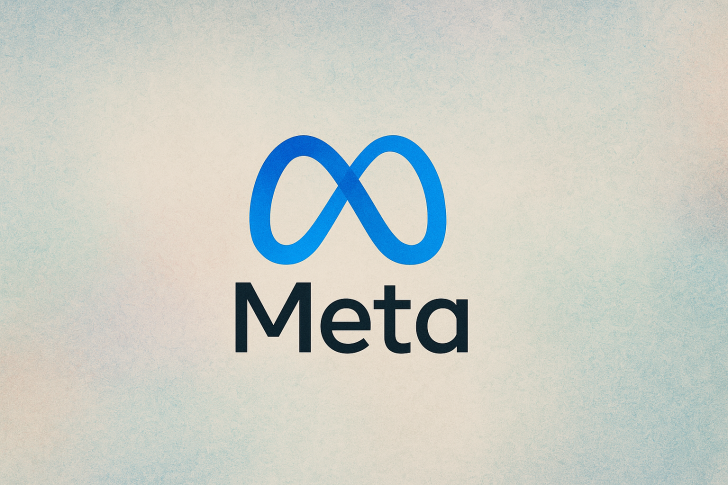Meta is reshaping how it approaches artificial intelligence. The company is moving away from traditional research structures and betting instead on lean, compute-intensive teams that can ship products quickly. Around 600 employees across FAIR, AI Infrastructure, and AI Product divisions are being let go as Meta consolidates its AI operations under the Superintelligence Labs.
Core Teams Hit by Layoffs
According to Rohan Paul, this restructuring reflects a strategic pivot toward applied innovation over academic exploration. Chief AI Officer Alexandr Wang's internal memo outlined the push for "smaller, faster teams." FAIR, once Meta's crown jewel for open AI research, is taking the biggest hit. The group that helped define Meta's early AI identity is being downsized as leadership redirects resources toward commercial systems and GPU optimization. AI Infrastructure and AI Product teams are also shrinking to eliminate overlap and concentrate computing power under Superintelligence Labs, which is tasked with developing Meta's most advanced AI models. Employees have until late November 2025 to find new roles internally. Notably, the elite TBD Lab remains untouched, signaling Meta's preference for small, high-impact research units over sprawling departments.
Compute Power Drives the Shift
This restructuring comes on the heels of Meta's $27 billion deal with Blue Owl Capital to fund the Hyperion Data Center in Louisiana. The investment underscores a clear priority: scaling compute infrastructure matters more than wide-ranging experimentation. In the race for AGI and frontier models, access to GPUs often determines who leads. By consolidating teams around Superintelligence Labs, Meta is ensuring that its best talent has direct control over its most valuable resource—processing power.
Industry observers see this as Meta catching up to competitors like OpenAI and DeepMind, where small, elite teams with dedicated compute access consistently outperform larger groups. "It's about execution speed now, not research breadth," noted AI strategist Miriam Cho. Meta is betting that tighter teams building product-ready systems will deliver more value than publishing breakthrough papers. The company's AI division is transforming into a deployment engine designed to integrate models directly into Instagram, WhatsApp, and the Metaverse. Whether this gamble pays off depends on how well Superintelligence Labs can deliver—and whether sacrificing FAIR's open research culture was worth the tradeoff.
 Peter Smith
Peter Smith

 Peter Smith
Peter Smith


